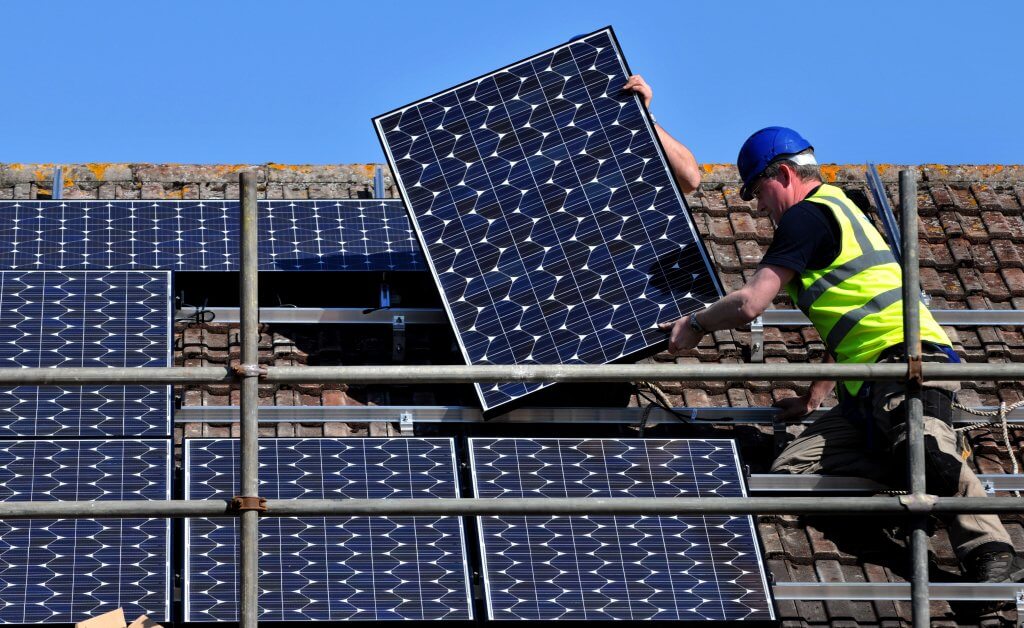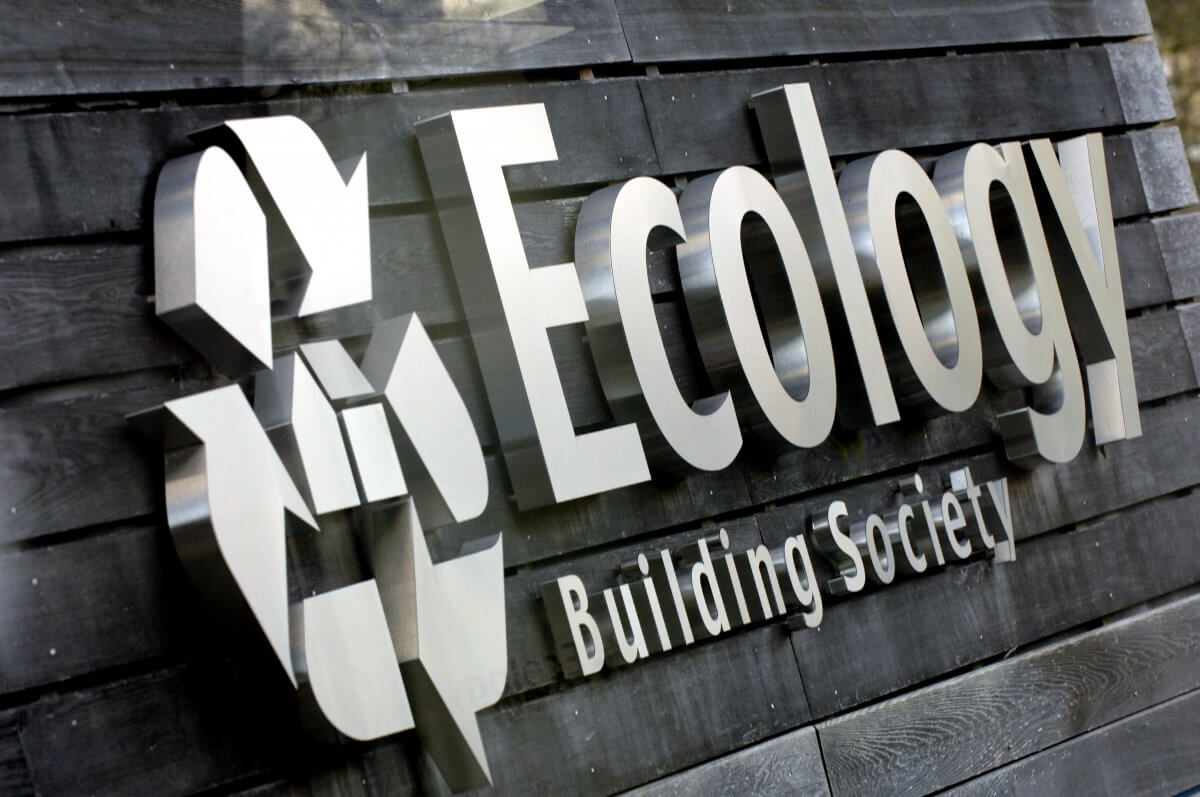The UK Government’s Ten-Point Plan

The Prime Minister has unveiled his ten-point plan for a green industrial revolution, seen as a crucial part of levelling up the economy and delivering the Government’s target of net zero by 2050. As the UK looks forward to hosting COP26 in Glasgow next year, it is critical for the UK to set out bold plans to address the climate emergency. This plan is long overdue. There is no time to lose, and we urge the Government to turn their words into definitive action. While the plan isn’t a vision on how to make our economy deeply green – on that there would be many gaps – it sets out the Government’s high level ambitions to create green jobs and move to a low carbon economy.
The Government’s plan has a significant focus on new technologies which will help our energy supply, heavy industry and transport to decarbonise. The plan is to rapidly grow low-carbon technologies like offshore wind and electric vehicles, and to invest in developing new technologies which are still in the very early stages, such as hydrogen, carbon capture and storage, and zero emission planes and ships. The move to low carbon technologies will create more jobs, at a time when we are really needed, and also set us on a path to achieve net zero. We would argue the 2050 date needs to be brought forwards, and hope that ambition on that is raised as the transition to the low carbon economy gathers pace.
Buildings account for approximately 30% of UK emissions, largely from heating. The most cost-effective way to reduce carbon emissions from buildings is to minimise energy use in the first place, through adequate insulation. The technology already exists to do this – insulating our existing housing stock is low hanging fruit. There are 27 million homes which are far below modern insulation standards, and even further below the standard to achieve net zero emissions. As a priority, we need a national retrofit programme to bring existing properties up to modern standards, simultaneously creating many new green jobs.
We are pleased to see the Green Homes Grant scheme will be extended by a year, for homeowners in England. The scheme provides a grant towards a range of energy efficiency measures for existing properties. We would also have liked to see a three year extension, and a national scheme, to give confidence for more businesses in domestic insulation and green energy to grow, and therefore also create more jobs and reach more homes. We support the Government’s target to install 600,000 heat pumps, which are a proven technology powered by electricity, every year by 2028. At Ecology, many of our borrowers have embraced heat pumps in their renovated or new build properties, substantially reducing the carbon emissions from heating. As the grid decarbonises, as the Government enacts its Ten Point Plan, indirect emissions from heat pumps will continue to decrease. We agree that rural properties off the gas grid should be a priority for heat pump technology.
The vast majority of new homes built today still fall far below the necessary standard, compatible with achieving net zero emissions, and we urge Government to take the opportunity to define an ambitious Future Homes Standard as soon as possible, rather than waiting until 2025. We call on the Government to set very high fabric standards, so that homes built now are fit for the future and will not need future energy efficiency upgrades.
Hot on the heels of the ten-point plan, the Department for Business, Energy and Industrial Strategy has launched a consultation on introducing mandatory disclosure requirements for lenders on energy performance in homes, together with potential targets to meet portfolio average of EPC C by 2030. Ecology’s mortgages have always encouraged higher levels of energy efficiency, with most of our mortgaged properties achieving EPC B or higher. We welcome greater transparency and the move to EPC targets. Mortgage lenders have an important role to play in increasing consumer awareness and providing mortgages which encourage energy efficiency.
Of course, at the heart of the ‘build back greener’ agenda are people. As new jobs are created, people will need support to acquire the skills they need, for example in home retrofitting and installing heat pumps or electric vehicle chargers. On this, eyes will be on the Government’s new Green Jobs Taskforce as we transition to a high-skill, low carbon economy.
We look forward to detailed plans from the Government departments, coupled with an ambitious timetable. Let’s get cracking, so that by the time of the COP26 climate summit in Glasgow next November, we can already demonstrate substantial progress.



